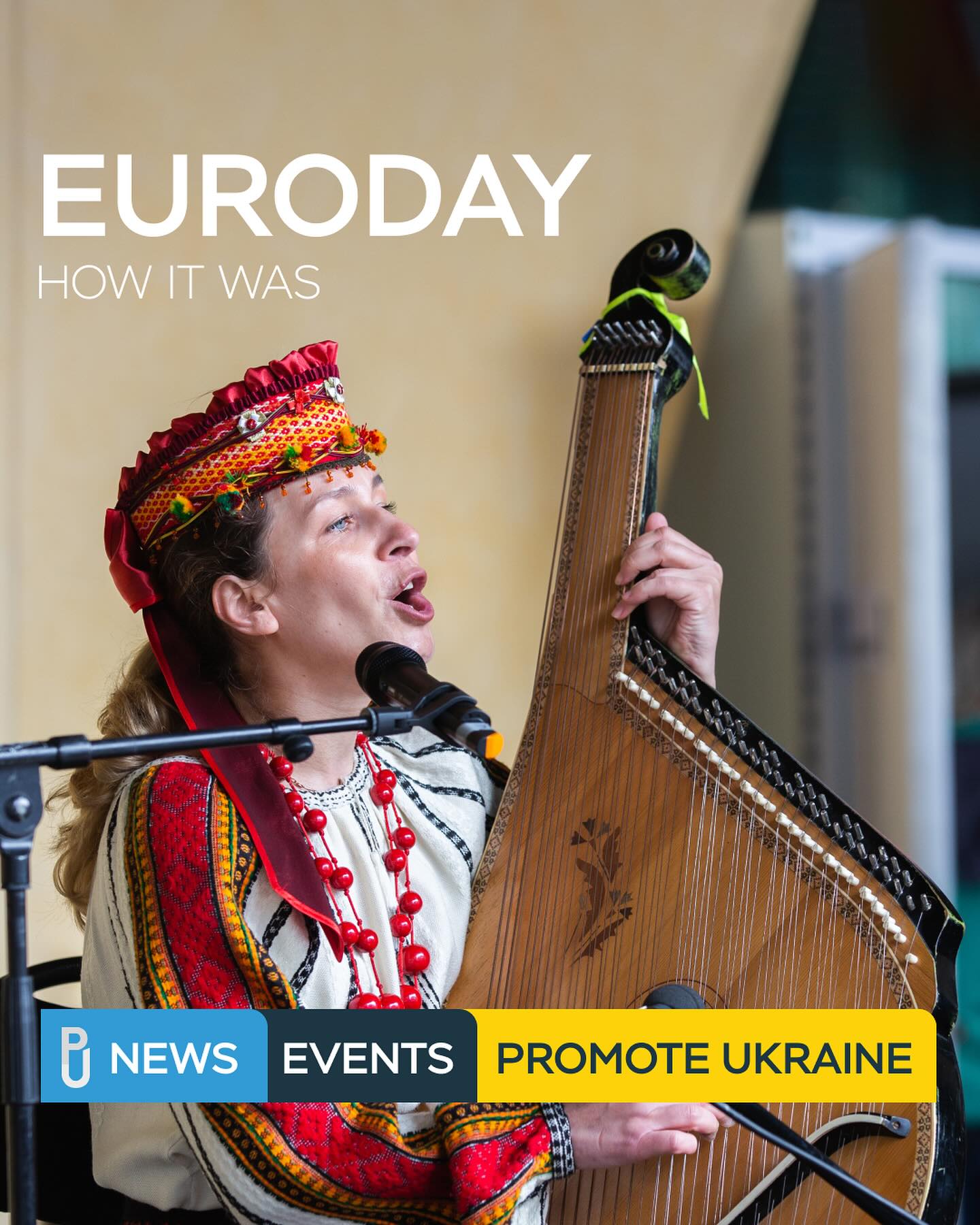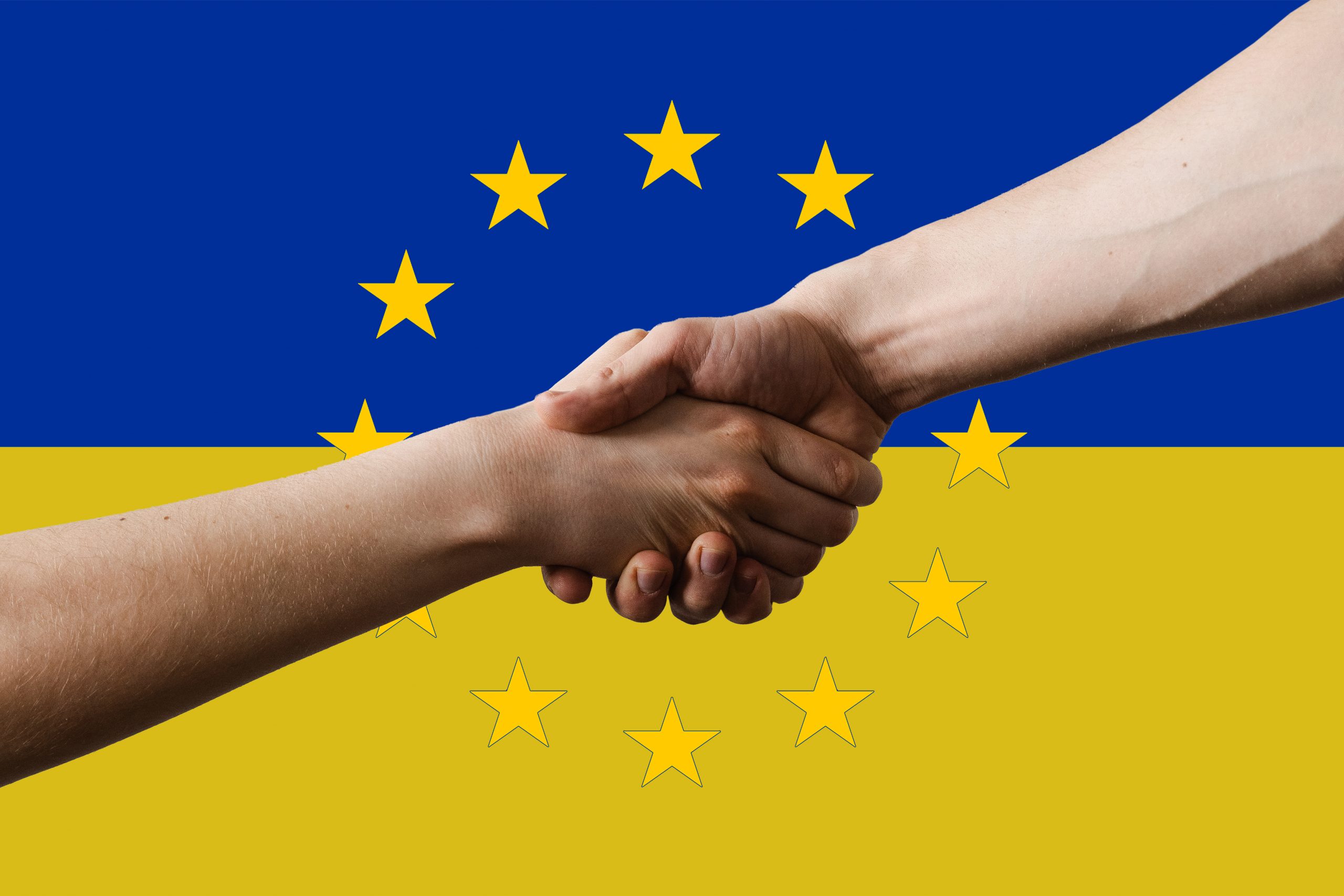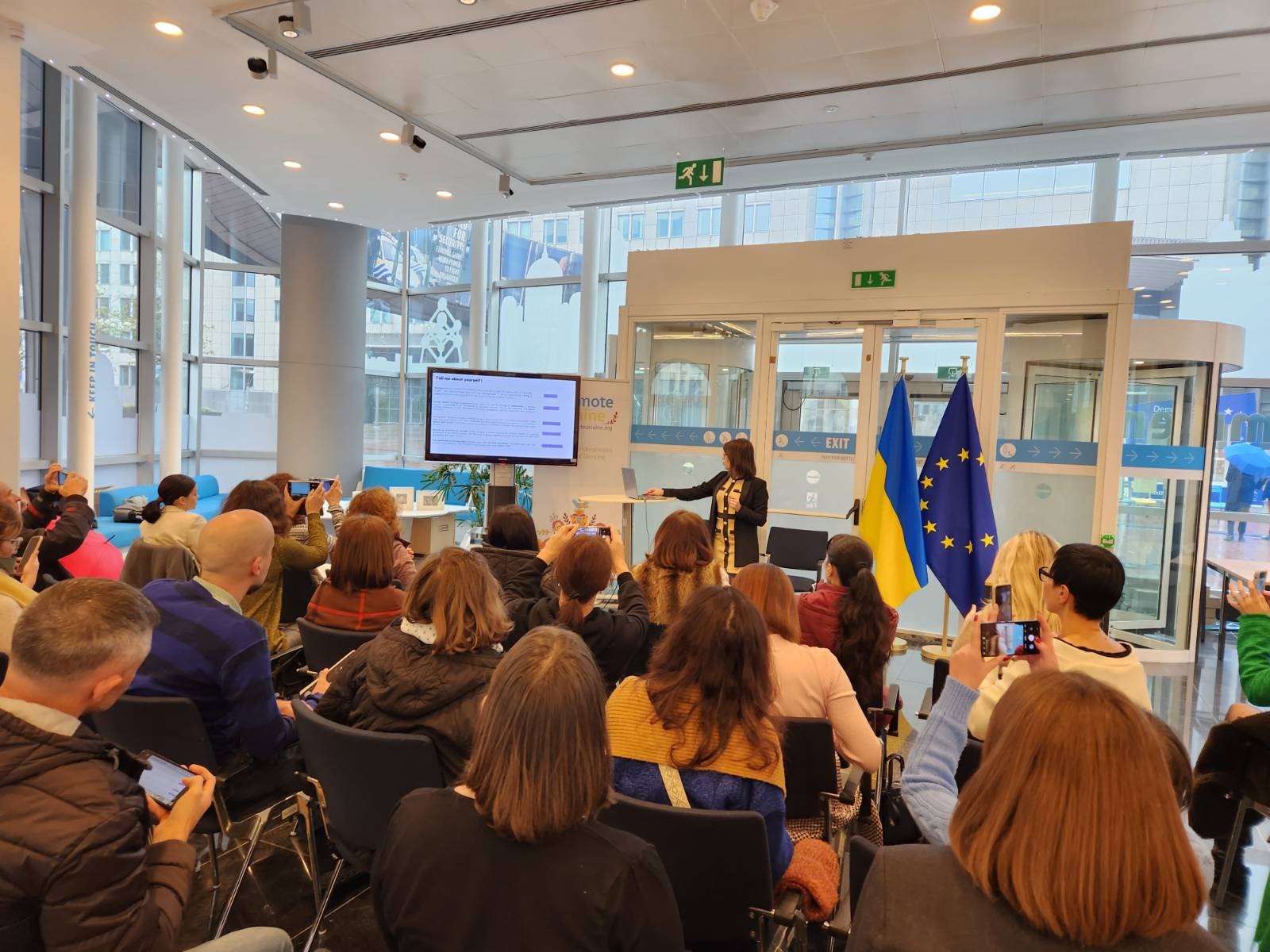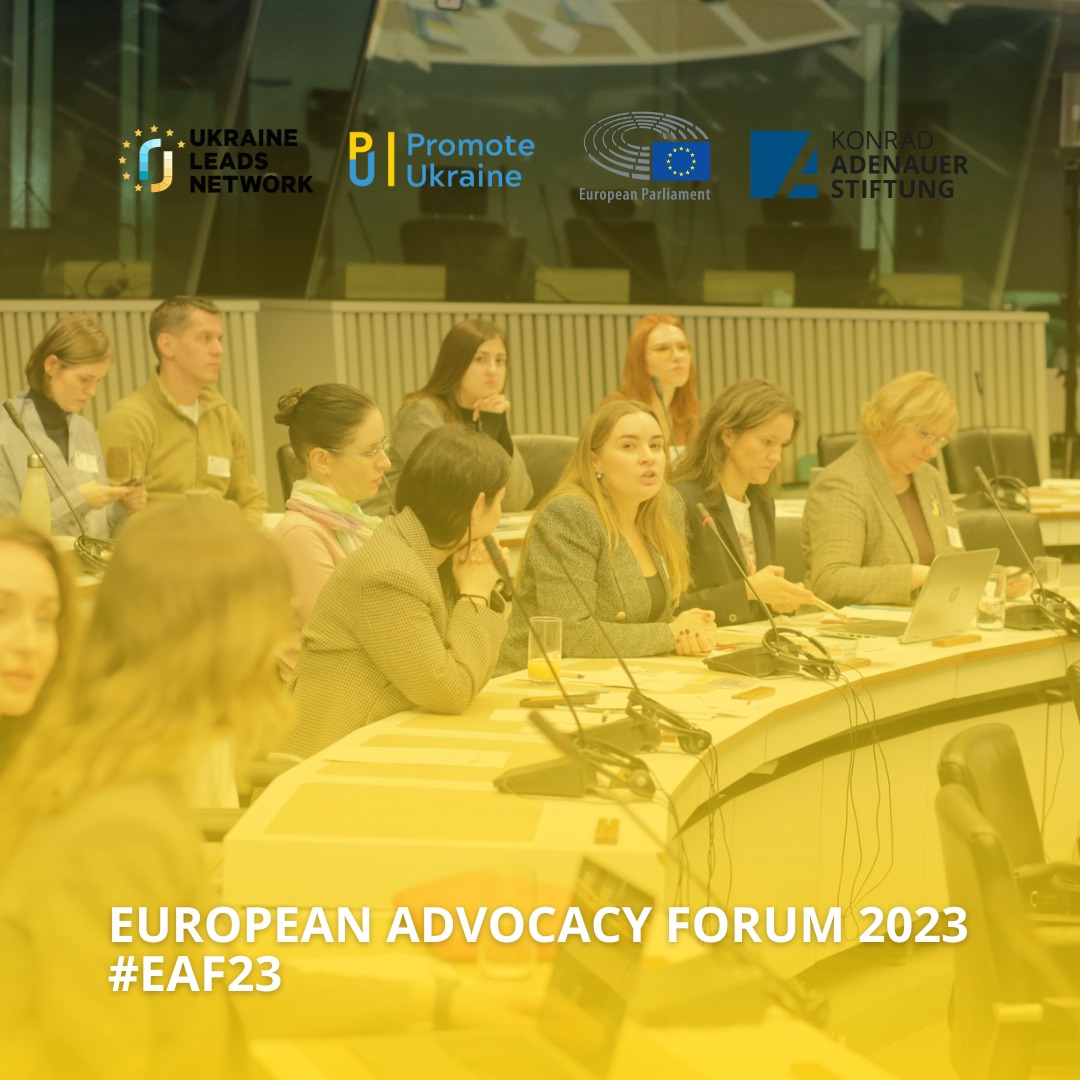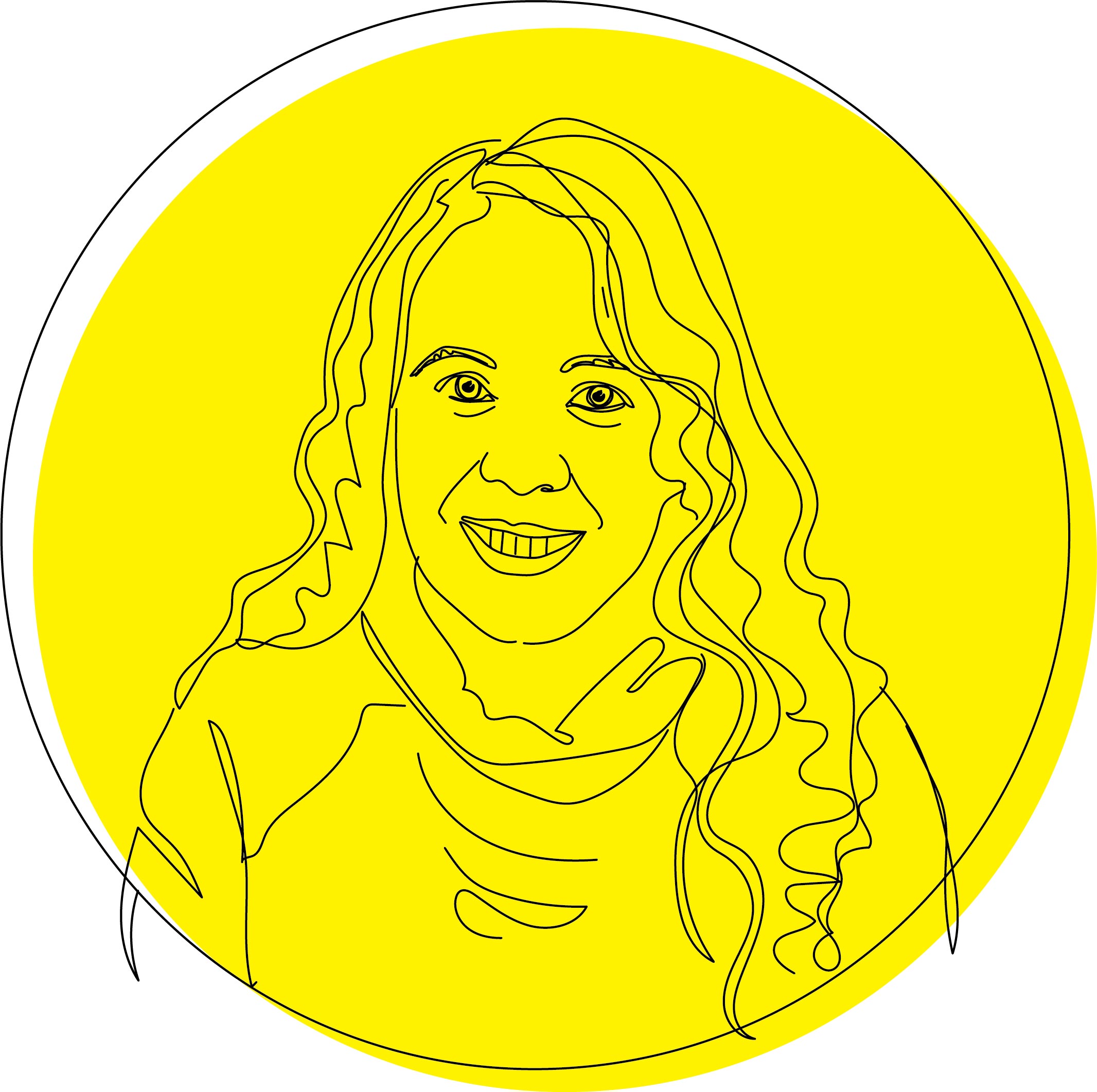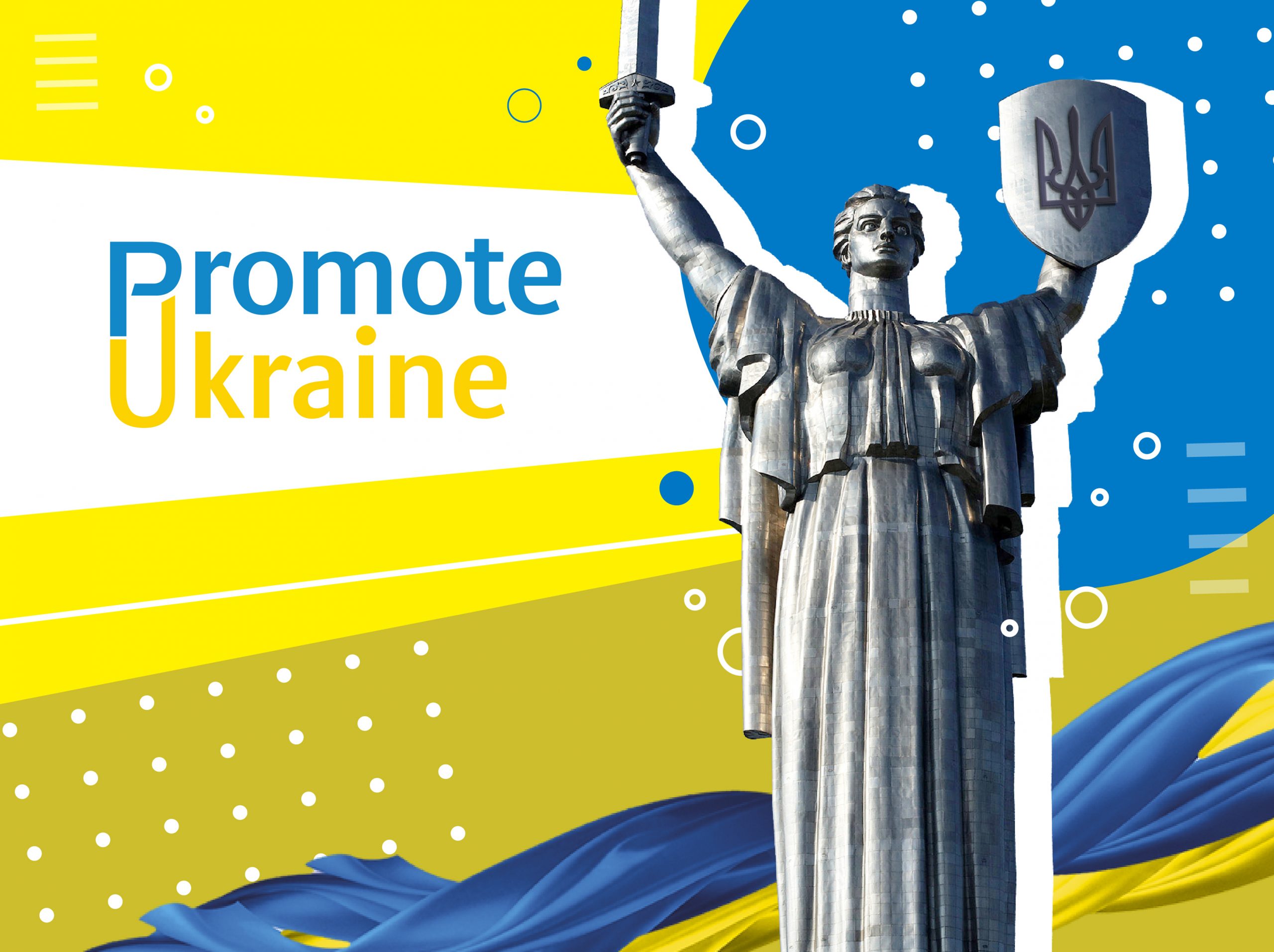If Ukraine is persistent, it might become a member of the European Union within the next decade, says Mykola Tochytskyi, Head of the Mission of Ukraine to the European Union (EU) and the European Atomic Energy Community and Ambassador Extraordinary and Plenipotentiary of Ukraine to Belgium and Luxembourg. In an interview with Promote Ukraine, he spoke about the successes and problems of Ukrainian businesses in the EU market, Ukraine’s friends and partners in European institutions, and new horizons in Kyiv’s cooperation with the West.
The European Commission has recently published proposals for the development, beyond 2020, of the Eastern Partnership (EaP) policy, which includes Ukraine, Georgia, Moldova, Armenia, Azerbaijan, and Belarus. Do you think that this plan is exactly what Kyiv needs?
This document, approved on 18 March, states that all six EaP countries will be offered the benefits of the EU single digital market and that the EU will support these countries’ efforts to join the common area of payment in euro. The proposals will also intensify the processes for concluding a Common Aviation Area Agreement between EaP countries and the EU. The document also foresees increased participation in the Horizon Europe research and innovation program and COSME, a program designed for small and medium-sized enterprises. Our European partners have recognized as important the elements that Ukraine had worked on, and insisted on, in terms of cooperation under the Association Agreement with the European Union. These elements are all now being offered to every Eastern Partnership country, which undoubtedly reflects the success of our work and ambitions.
It indicates that the EU, by offering these proposals to our EaP partners, understands how essential such proposals are for their economies and their countries. It must be noted that the EU not only protects the territorial integrity and security of its neighbours in the East, but also offers them mechanisms within the framework of the EaP. I am very glad that the vast majority of these initiatives came from Ukraine and were based on one or another areas of our cooperation.
It is important to note that, following these proposals, in May the EU also approved the EU Council Conclusions on the EaP. This document is the EU’s political position on cooperation with the EaP countries. Although these conclusions were agreed in an extremely difficult political environment, they contain such fundamental elements for us as the EU’s recognition of its partners’ European aspirations, their territorial integrity, and a signal of the possibility of joining the EU’s internal market.
 How has Ukraine “done its homework” in the field of European integration in the last year?
How has Ukraine “done its homework” in the field of European integration in the last year?
It is not only the Embassy and the Government of Ukraine that appraises our performance. As a rule, our colleagues do this: the European Commission and its relevant units prepare annual reports assessing our ‘homework.’ Last year’s report said that we are coming closer to gradually receiving further rewards for our active collaboration. What do I mean by this? Last year, we declared our desire to deepen and expand our cooperation with the EU.
The EU amended certain annexes of the Association Agreement to allow bigger approximation to the European markets. In particular, annex 27 deals with energy security, energy cooperation, and approximation to the EU energy market. For a long time, the Ukrainian authorities worked on those issues, fulfilled certain obligations, cooperated with the European Union. Now, the EU has decided to make changes that allow Ukraine to become closer to the EU energy market.
In late December, for the first time and thanks to our European colleagues, we were able to conclude an agreement on gas transit with the Ukrainian transport system, based on European standards. This shows a certain recognition of Ukraine’s progress.
The next step we have talked about, and worked very hard towards, is the digital economy. It is not only about our IT field, which is one of the most developed in the world, but also about e-commerce, the recognition of electronic signatures, the sharing of information databases, and the creation of modern digital content. One example is e-procurement, where there are no intermediaries in trade between businesses. By and large, we have not only avoided corruption, but also simplified and sped up trade.
In this way, we will reduce waiting times at Ukraine’s borders for Ukrainian exports or, vice versa, EU goods being imported into Ukraine. We will be better able to track the origin of goods and guarantee their quality.
Another example is that there is no roaming in the EU. It is now a component of our cooperation with Europe.
But it is not, as it is fashionable to say, just roaming-free travel.
We are instead talking about the fact that we can join this market and get a roaming system of communication with European countries. In other words, there are many advantages in the digital economy, and today we are moving not only towards the adoption of legislation, but also the preparation of the relevant Ukrainian market to the standards of the EU.
The EU is almost ready to start revising and elaborating Annex XVII-3 to the Association Agreement for Ukraine (which includes a list of EU legislative acts for implementation in Ukraine – ed.). We can extend this list. In 2021, we will offer our European counterparts changes to annexes to the EU-Ukraine Association Agreement, including a free trade area. I understand that performance in this regard is going well and positively. It is important to preserve such a movement and to consolidate it, keep it to the standards that are currently in the process of being adopted by the Verkhovna Rada, relevant institutions, and manufacturers.
We must also consider moral or philosophical standards in our society. Indeed, a qualitative law does not eliminate the need to implement it also qualitatively. Some people in Ukrainian society still have a “Soviet” mentality: they want to get around the law. This is a big problem; no law can convince such people to change.
 You mentioned that progress towards free trade between the EU and Ukraine is going quite well. But what are the biggest barriers for an increase in trade?
You mentioned that progress towards free trade between the EU and Ukraine is going quite well. But what are the biggest barriers for an increase in trade?
The quotas for our products are increasing periodically, for example, in agricultural production. For some reason, everybody only talks about agricultural production, but in fact we are performing very well in the provision of services, IT services, and in the trade of machinery and equipment. But, of course, competition is an obstacle. If we want to enter the European market we must first of all be competitive.
Second, do not forget that the EU has 27 countries. Each one produces goods that are not worse than those produced in Ukraine. We really need to work a lot in order to be noticed, appreciated, and to secure a place in this market. There are products that hit the market quite successfully last year and within three months their quota was used, but this year the same goods are not so popular, as the EU has found more interesting manufacturers.
In other words, competition is the most important element. Nevertheless, we are working to increase quotas. We believe that there is a great show of solidarity from the EU towards Ukraine, a Ukrainian nation that defends the values – the fundamental values – of a democratic Europe at its eastern borders.
There are also technical obstacles, including corruption, especially at customs. I don’t only mean Ukraine, but also other neighbours who sometimes abuse the situation with great “pleasure.” There are also questions about, shall we say, a human factor that simply does not speed up the process, as well as about a manufacturer’s monopoly on this or that product. Of course, these factors all create some obstacles.
The EU accounted for 42% of Ukraine’s trade last year. I do not think this is a miserable indicator. Yes, it is of course not 90% and not 80%, but it is not a bad indicator. Moreover, few people remember that Ukrainian products, once they entered European markets, began to become popular in other markets, namely in Asia and Africa. That is because of our standards. We therefore cannot forget that even a small number of Ukrainian products on the European market opens the door for other opportunities.
Mr Ambassador, let’s talk about political issues. The European People’s Party (EPP) recently proposed the “Trio 2030” strategy to the European Commission. What do you think about these proposals?
The vast majority of proposals in this Trio strategy for three EaP countries are based – I am not shy to say – on Ukraine’s achievements with the EU. As one of the locomotives of the EaP, we did not hesitate to share our achievements with Georgia and Moldova, the other EaP countries that have Association Agreements with the EU.
Our idea is that if we have access to the energy market, the digital market, and the transport markets, we should be able to share this experience with our friends, partners, and colleagues: Georgia and Moldova. There are also issues that I mentioned at the beginning – the digital economy, energy security, the use of quotas in education for students of the Eastern Partnership countries, and the Erasmus program.
Besides, we also talk about an extremely important and fashionable topic – Ukraine’s involvement in the European Green Deal. Ukraine has already informed its EU colleagues that it is both ready to join this program and will not only use the potential of the European Union, but also contribute to the achievement of the EU’s climate ambitions. Thus, the Trio includes three states that have Association Agreements and that are ready to assume not only more rights but also more obligations as reliable partners – and I hope future member states – of the EU.
You mention future EU membership. Ukraine’s President Volodymyr Zelensky recently said in an interview with the Guardian that Ukraine is still waiting for EU membership but that if it is still waiting in, let’s say, 20 years, Ukraine may change its mind. How does the time factor affect Ukraine’s European perspectives? How long can we wait to join the EU?
The simple answer is that everything depends on us. However, a more interesting answer lies in an anecdote from during my first diplomatic term in Brussels in 1995.
At that time, my colleagues and I made proposals about our vision of co-operation to one international organisation. We planned to sign this document with them. It was a sizeable huge document.
Instead, they took our draft agreement as a basis and signed a cooperation agreement with the Russian Federation.
We, therefore, had to defend our position and to achieve the conclusion of the agreement which we actually developed. In the end, we managed to sign this document. What do I mean by this story? A year ago, we were told that energy markets or the digital economy were not on the agenda, because our partners had decided for themselves that these issues would not be. As one might have noticed, however, we already have ‘one foot in the door’ in both of these fields. Why?
Because we were persistent. We did not change our stance, and that really depends on us. However, we must remember two things I have emphasised from the very beginning. The technical side of adopting legislation is not the only one. There is a more complicated process – that is, the process of changing attitudes in Ukrainian society to what the EU is, what a democratic society is, how to be part of a great Europe not only geographically but also mentally, and what we need to do for that.
I can say that even the current situation with COVID-19 is a kind of test of our ability as a state to act in a democratic environment in order to protect the rights and obligations of our citizens. This is entirely a complex of questions. So, once again, I say that Ukraine’s membership of the EU will not happen soon. However, if we work hard, then, with good will, we could become a EU member within the next 10 years. This depends on us: if we persist and want something, we will achieve it.
 You communicate with representatives of the European Parliament and the European Commission, among others. What are your impressions: which countries are Ukraine’s biggest friends now? Poland, the Baltic States, Sweden, or another?
You communicate with representatives of the European Parliament and the European Commission, among others. What are your impressions: which countries are Ukraine’s biggest friends now? Poland, the Baltic States, Sweden, or another?
Yes, all these countries. I can also add, I dare say, Germany. I also dare say Croatia, Slovenia, and Romania – we should give a credit to the latter country. During its presidency, it has done a huge amount of work in order not only to keep our progress but to support us in achieving our goals in the energy and digital markets. However, it is important for us to understand that friends are not just a moral choice.
This is a double moral choice. We should not – and here I come to an important word – let down our European partners and friends. If we said ‘a,’ we should say ‘b.’ Then you have a lot more friends. Don’t forget about interests. When we talk about quotas or Ukrainian products in the EU market, we should not forget that there are competition issues, there are employment issues.
Thus, if we want to get into all these markets, we must open ours as well, we must offer our European partners opportunities in those areas where they are weaker than us. It is clear that one cannot really surprise France or Germany by aircraft construction or space. But we may surprise countries like Luxembourg, which are deeply interested in all these issues and are no less important members in the European Union. Or Belgium, which has a number of key European space companies and centres including the European Space Security and Education Centre at Redu. So, when we talk about friends, we have to think of mutually beneficial cooperation – not only beneficial to us, but mutually beneficial. Then we will have more friends and partners.
Are there a lot of supporters now in the Group of Friends of European Ukraine in the European Parliament, started by the Lithuanian MEP Petras Auštrevičius?
Certainly. Today this group has more than 60 deputies of the European Parliament. The group exists and is quite active. I don’t think that it is easy for Mr. Auštrevičius, because there are other players in the same field who are not less active than Petras. I am saying about, for example, former Prime Minister of Lithuania Andrius Kubilius, former Polish foreign minister Witold Waszczykowski, or German MEP Michael Gahler.
All these people are not only aware that they are supposed to help the Ukrainians morally but they are in fact practical advisers to Ukraine. What do I mean? A member of the Group of Friends, Viola von Cramon-Taubadel, has repeatedly criticised us. But as I have observed at many European Parliament meetings, when it comes to protecting Ukraine and the interests of the Ukrainian nation, protecting our territorial integrity or adopting a resolution on aggression by the Russian Federation, Ms. von Cramon-Taubadel is the main driving force there.
Yes, she criticises us, but this is a question of mutually beneficial cooperation, as Ms. von Cramon-Taubadel wants to see our society be no worse off than German society. This is why we are sometimes criticised, but it is constructive criticism – it is not just criticism for being visible in the European Parliament. This is a criticism that pushes us to achieve more.
Did the Support Group for Ukraine (SGUA) at the European Commission offer anything interesting recently?
It is not just a support group, it is a large directorate which is a unique institution whose activities have been extended beyond five years. These years were extremely important for Ukraine. I would go so far as to say that Peter Wagner (Chairman of the Group – ed.), together with his colleagues, visited eastern Ukraine more often than some Ukrainian diplomats. He knows the situation, for example, in Mariupol, Mariinka or Slovyansk with the same level of understanding as our governors there.
It really is an institute that helps us to crystallise and promote our interests within the European Commission. I have already mentioned the important elements for the trio, for the Eastern Partnership program for Ukraine: for example, the education of our youth through the creation of European colleges or the use of the Erasmus + program, or the creation of a separate budget line for the Eastern Partnership countries. In fact, right now, we are actively fighting for this last issue.
The Support Group helps us in all these issues – not by word, but by deed, as it is fashionable to say. If you remember, there was an immediate reaction by the European Commission to the Russian Federation’s aggression in the Azov and Black Seas. Straight away the European Parliament, the Group of Friends we were talking about, our friends not only made a statement on the Russian Federation’s aggressive, but they also gave a concrete offer to help Mariupol and its ports in Mariupol and Berdyansk.
This proposal was made by the European Commission, but major projects were prepared by SGUA and directly by Mr. Wagner and his team. This institute is very important for us and we are very grateful to the European Commission for extending its mandate and even its powers. Today, SGUA is responsible not only for sectoral cooperation, but also for policy. It is formulating additional tasks for Eastern partners through Ukraine. [As of May 2020 – the Support Group for Ukraine is temporarily headed by Deputy Director-General for Neigbourhood Policy and Enlargement Negotiations Katarína Mathernová – ed.]
Recently the EU has lifted sanctions against former Ukrainian high-ranking officials Mykola Azarov and Eduard Stavytsky. Does Ukraine influence these decisions?
There is no clear-cut answer here. As a citizen, as a diplomat I feel very sorry. The Prosecutor General’s Office of Ukraine is responsible for coordinating the relevant investigations. I mean they provide the EU with official information on the status of the investigation of persons included in the relevant EU sanctions list.
It is obvious that the EU also receives information from the other side, from the lawyers of the persons against whom sanctions have been imposed. After each extension of the sanctions, lawyers file lawsuits with the European Court of Justice to lift them. In making its decisions, the Court shall take into account the information provided by both parties.
In total, out of 22 people who were on the sanctions list in 2014, only 10 remain today. It would be wrong to say that Ukraine under-fulfilled its task. One must consider a set of questions on a case-by-case basis.
Does the Prosecutor General’s Office also submit lists of those who are subject to sanctions?
No, it depends. There are four sanction regimes. We just talked about individual sanctions against Ukrainian top officials; this is only one of the regimes. There are still Crimean sanctions, first of all, relating to the annexation of Crimea. They provide for a ban on the import of goods from Crimea that do not have Ukrainian certificates of approval, as well as a ban on tourist services in the occupied Crimean peninsula. There are also so-called sectoral sanctions, related to the EU’s ban on trade with the Russian Federation, for example, of dual-use goods or the provision of technologies for deep-sea exploration and extraction of energy resources, as well as access to EU primary and secondary capital markets.
Finally, the fourth regime, involving personal sanctions for aggression in the Azov Sea, for those who facilitated the so-called ‘referenda’ and illegal ‘elections’ in the territories of Ukraine temporarily occupied by Russia, for those participating in the war in the Donbas, and for those responsible for issuing passports to Ukrainian citizens in the temporarily occupied territories of the Donetsk and Luhansk regions.
These are the four types of sanctions. In relation to personal sanctions against specific senior officials, these were introduced in response to an appeal by the Prosecutor General of Ukraine in 2014 to the High Representative of the Union for Foreign Affairs and Security Policy.
In the case of passports, it is the responsibility of completely different institutions – those that deal with migration, state security, etc.
This is a very extensive topic. The sanctions for the war in the Donbas were applied, in particular, on certain terrorist leaders, Russian officials who are not alive anymore. Of course, after death they are excluded from these sanctions; no one will keep sanctions on dead people. It is necessary to understand all these things. The creation of files is a very important topic. Our security services, migration services, and Ukrainian diplomacy are involved in this process.






 UA
UA FR
FR DE
DE